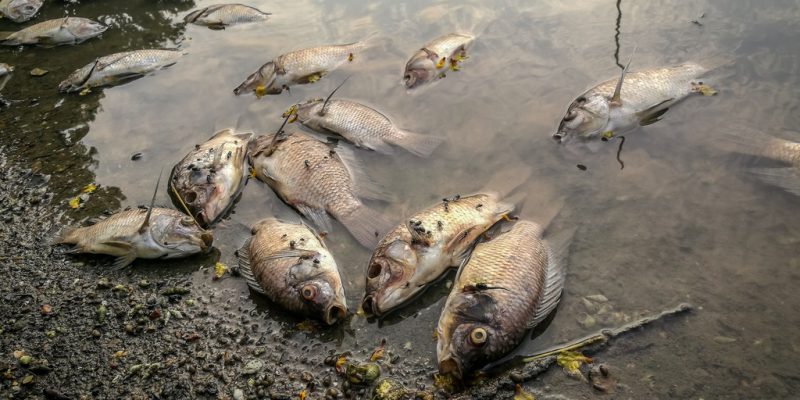In Rwanda, 19,558.85 kilograms of mercury are released each year into the air, water and soil, with harmful effects on the environment and human health. The Rwandan Environmental Management Authority (REMA) recently published a report outlining these findings, as well as ten alternative solutions for reducing this pollution.
Rwanda is stepping up the fight against mercury pollution. The Rwandan Environmental Management Authority (REMA) recently published the assessment report entitled “Minamata Initial Assessment (MIA)”. The document, drawn up after 63 field visits, lists the East African country’s shortcomings in the fight against mercury pollution. These shortcomings are illustrated in particular by the quantity of kilograms of mercury released each year in Rwanda, i.e. 19,558.85.
The artisanal and small-scale gold mining sector, as well as the health, information and communication technology (ICT), transport, water and informal economy sectors, have been identified as priority sectors for mercury use in Rwanda. These include activities such as the production of cement, pulp and paper, lime and light aggregates, chemicals and laboratory equipment, monometers and gauges, waste incineration and burning, the production of recycled materials, waste dumping and landfilling, wastewater treatment and dental amalgams.
Building industry capacity to manage mercury
According to the World Health Organisation (WHO), inhaling mercury vapour can have harmful effects on the nervous, digestive and immune systems, lungs, kidneys and skin, and can be fatal. Air, water and soil are also affected by mercury pollution.
Read Also – RWANDA: Rema receives funding for mercury pollution control
For REMA, reducing these risks will involve building the capacity of gold processing industries and regulatory authorities to protect miners and communities from exposure to mercury, whether intentional or unintentional, resulting from gold mining and processing activities, and reducing mercury discharges into the environment. It will also be necessary to improve solid waste and wastewater management, reduce the exposure of vulnerable groups such as women of childbearing age, pregnant women and children to unintentional mercury releases from biomass burning, dental amalgams and waste, and create and use technologies to safely handle, store and dispose of mercury by-products in Rwanda.
Mobilising funds for innovation in mercury treatment
In addition to improving the capacity of industry personnel, REMA suggests equipping them for prevention, treatment and the provision of care services to populations affected by mercury. The study also recommends that guidelines be drawn up for the identification, demarcation and clean-up of mercury-contaminated sites and mercury-based products, whether manufactured or not, and that modern infrastructures be put in place for the collection, treatment and storage of hazardous waste, particularly mercury-contaminated soil. A laboratory will test the presence of mercury and other hazardous substances in the waste generated.
REMA will benefit from the support of the Green Fund for Rwanda (FONERWA) in the preparation of funding applications that will be used to support technological innovation in the fight against mercury pollution, and/or the replacement of mercury-containing processes and products in Rwanda. “Partnerships will also be formed with non-governmental organisations (NGOs) to develop small grants programmes that can be funded,” says Aloysie Manishimwe, one of the researchers who contributed to the Minamata Initial Assessment (MIA) report. Rema’s approach is in line with the Minamata Convention, which sets out a progressive approach aimed at reducing and, if possible, eliminating the use of mercury in key industrial sectors.
Inès Magoum







